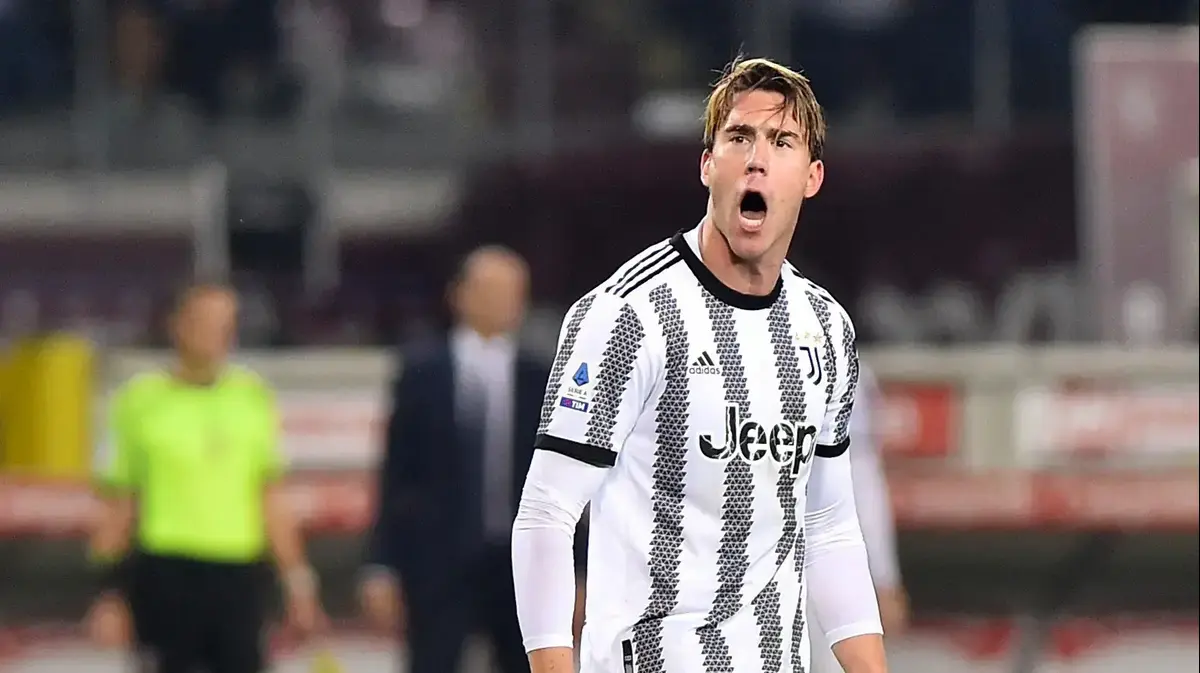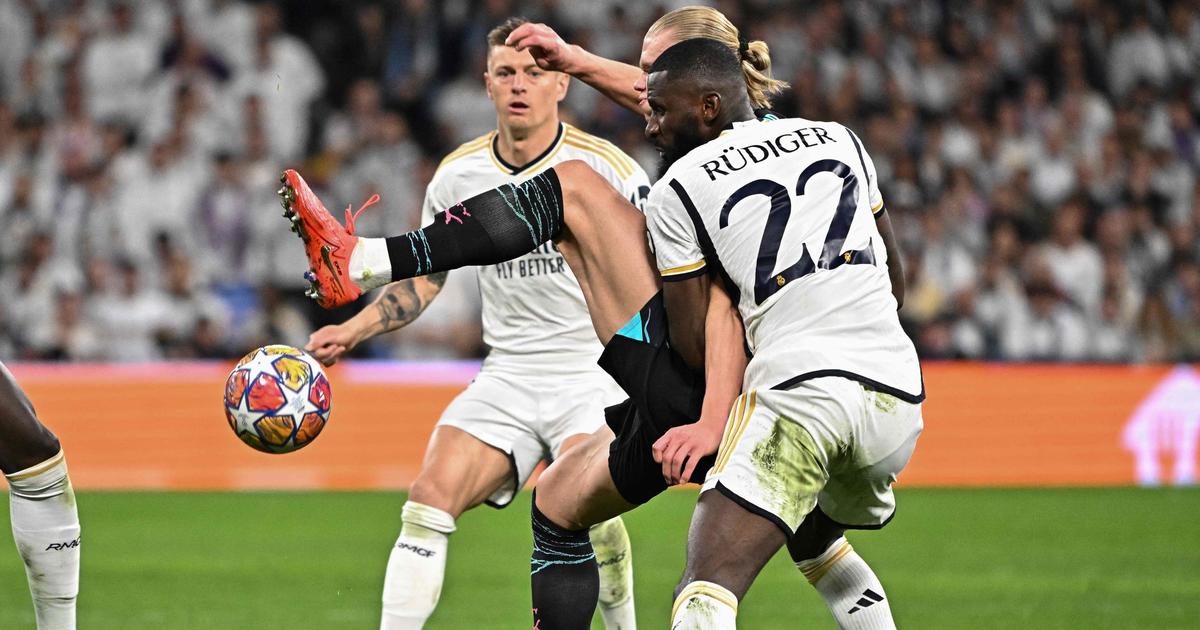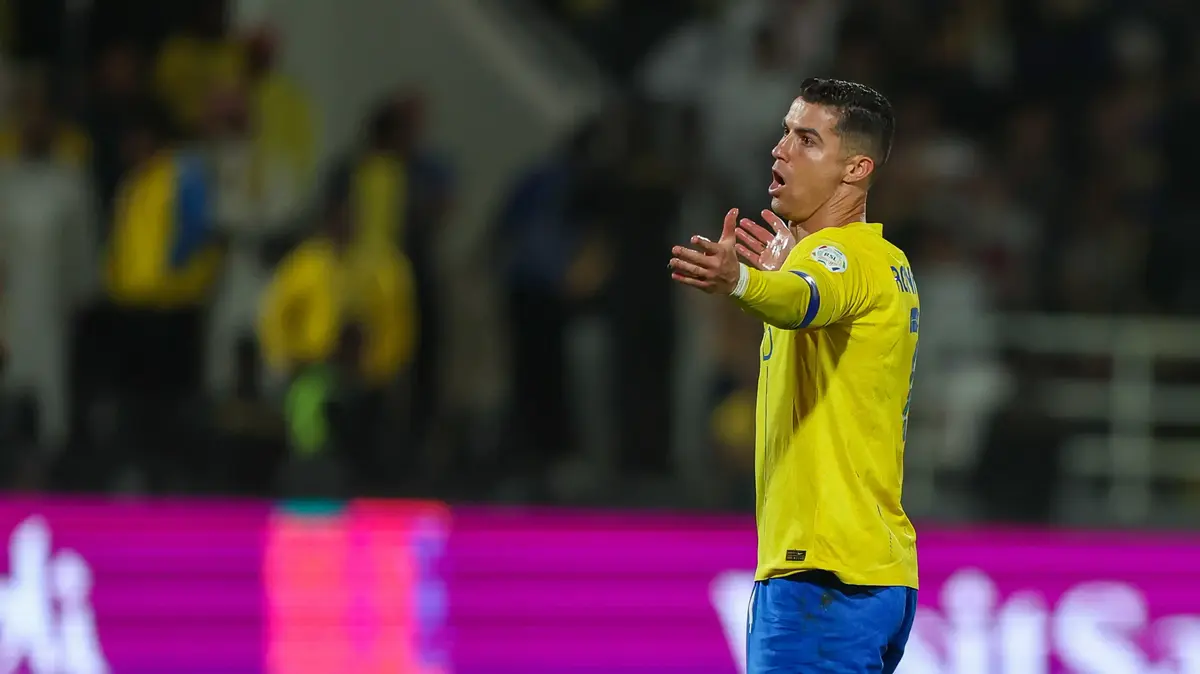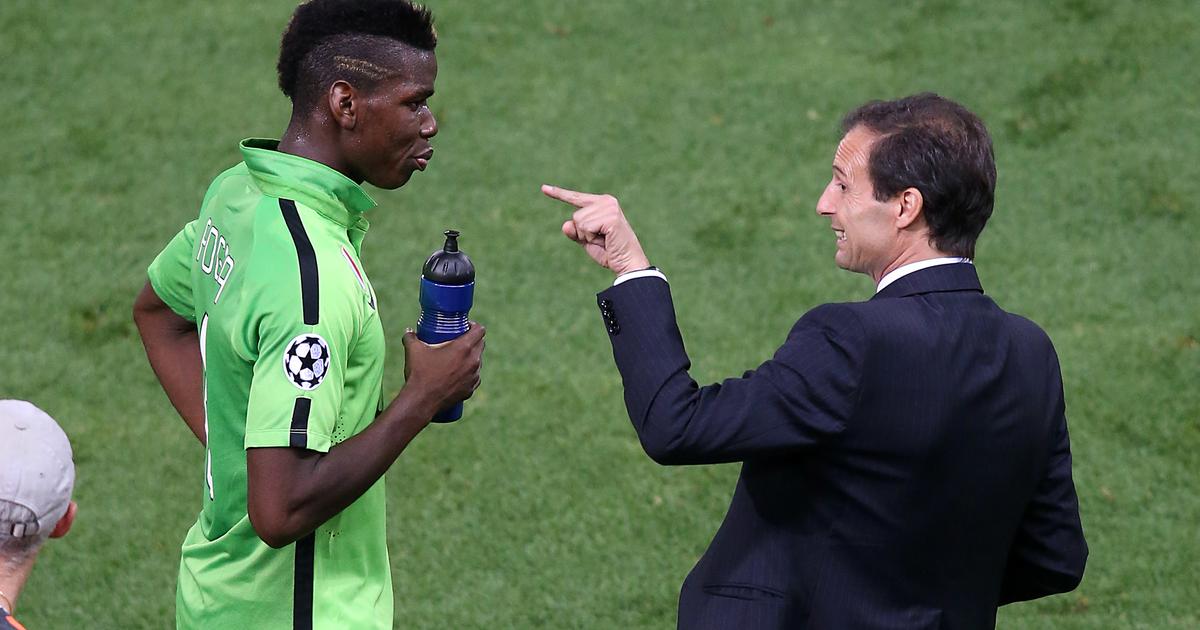Summary: Juventus - Atalanta 3:3 (Sport1)
It's easiest to say: "Here again Juventus is breaking the law."
17 years after the famous Kalchopoli affair, the old lady is on trial again, and she is crucified again.
And she is undoubtedly guilty, but it would be ridiculous to drop the case only on her, and even more ridiculous to punish her in sporting terms, when all the offenses were committed on the financial level and not related to what happens on the field.
In 2006, it was proven that the heads of Juventus influenced the selection of referees and influenced the results of matches.
This time it's really not the case, all the results on the field are kosher, and there is no real reason to reduce points or act with similar sanctions.
It can be argued, of course, that cheating in the field of accounting gives the criminal an unfair advantage over competitors, but how do you measure this advantage, how do you quantify it, and how do you make sure that the competitors themselves are not guilty of similar offenses?
The new affair is very complicated and difficult to understand - not only for an outside observer, but even for researchers.
Thus, for example, the case opened against Juventus and other teams on the suspicion of inflating the players' value in transfers was closed, but now these clauses appear again in the accusations, and no one is really able to answer the trivial question - how the hell do you measure the market value of a specific player?
Ridiculous punishment.
Agnielli (Photo: GettyImages, Paolo Rattini)
The most dubious and most publicized deal in this aspect was when Juventus sold Miralem Pjanic to Barcelona in 2020 and at the same time bought the Brazilian Artur.
Each of the transactions was estimated at more than 70 million euros, and already at the moment of execution the move was defined as an accounting exercise designed to benefit both clubs and help them deal with the consequences of the Corona epidemic.
Somehow, the income is reported at once, while the expenses are spread over several years - and there you have it, both clubs have added a fat income that helped avoid reporting losses in the difficult year.
is it legal?
If not, then of course Barcelona should also be punished, but it is in another country and is judged according to different rules.
Even within Italy, Juventus made a lot of deals in amounts that a common person would normally raise an eyebrow.
For example, midfielder Manolo Portanova was "robbed" for pennies from Lazio's academy in 2017, hardly got any opportunities in the Juventus uniform, and then was sold in 2021 to Genoa for 10 million euros.
Since then he has become a relevant player in the rotation of his new team that was relegated last season.
Likewise, midfielder Simona Muratura, who grew up in Juventus' own academy, was sold to Atalanta in the summer of 2020 for 7 million euros.
After that it became clear that the club from Bergamo did not intend to use him, he was loaned to Regana in the second division, then to Tondela in the Portuguese league, and recently he does not play at all.
This list is still very long, but there is no need to bore the readers with the many details.
Let's try to take the two specific cases seriously to try to understand if there is an accounting or criminal offense here.
Portanova was a very dominant player in Italy's youth teams, was defined as one of the most talented among those born in the year 2000, and received many praises from his coaches.
Is 10 million euros an excessive amount for him?
And if so, why did Genoa agree to pay him?
As for Moratura, in January 2020, Juventus bought Diane Kolosevski from Atalanta for 35 million euros.
Then the corona virus broke out, the financial forecasts collapsed, and it can be assumed that the young midfielder was transferred to Bergamo as part of the payment for the Swede, instead of cash.
Why was he valued at 7 million exactly?
You have to ask Atalanta as well, and it's certainly not Juventus' fault that his career went nowhere after that.
More in Walla!
The intriguing process of recycling metal packaging
In cooperation with the Tamir Recycling Corporation
How is he worth 42 million and Modric is worth 100 million?
Gakpo (Photo: GettyImages)
The most basic problem in the world of football is that there is no authority whatsoever to determine the value of players.
Not sure there can be such an authority.
The Italian association's investigation was based on the values appearing on the transfermarkt website, which was established and is managed by private individuals.
It is a wonderful database for journalists, but the amounts in it have little to no credibility.
They may be true, they may not be.
It is possible that certain parties can even transfer handsome sums of money to the people of transfermarkt itself in order to update the value of specific players, and it is highly doubtful that this would be a crime at all, because no one is forcing anyone to believe what is written there.
And if a certain club manages to market its players at seemingly high prices, what is wrong with that?
If Shakhtar Donetsk sold Mikhail Modric, as talented as he is, to Chelsea for 70 million euros with bonuses that could reach 100 million, did they commit a crime?
At the same time, Cody Gakpo was sold from Eindhoven to Liverpool for 42 million euros, although he is a much more proven star, and in fact it is an amount significantly lower than his transfermarkt value.
Is this also a subject of investigation?
of course not.
In negotiations between different parties, mediated by agents who charge very high commissions, different results may be obtained.
The whole issue of transfer amounts is completely out of control, and the authorities are unable to monitor it in a minimal way.
This happens because the clubs in England have a lot of money, and mainly because some of the leading clubs are under the control of states, or of private parties who are not obliged to report to anyone.
Since UEFA's Financial Fair Play rules are a poor joke that hurts the smaller clubs in particular, there is hardly any control over expenses at all. When Paris Saint-Germain and Manchester City can do what they want, when Chelsea can spend imaginary sums both in the era Roman Abramovich and with the new owner Todd Boley, when the chance of Real Madrid and Barcelona being punished for blatant financial irregularities is zero, why exactly in Italy - where the league is in any case at a financial disadvantage these years - is full transparency required?
A financial offense deserves financial punishment.
Juventus players (Photo: Reuters)
As far as Juventus is concerned, this transparency is guaranteed because its shares are traded on the stock exchange, and it is clear that false reports and artificially inflating the value of a company must not be transmitted.
It goes without saying, but should the punishment be focused on the sporting aspect, where there is a noticeable disparity between the different clubs to begin with.
It is appropriate that the punishment for purely economic offenses be purely economic, and not deprive the club of other clubs to which the supervision rules do not apply at all.
Beyond that, if it is possible to prove that the players' value has been inflated - and on the face of it this is impossible given the lack of any reliable sources - then those who were the second party in the transactions must also be punished to the same extent.
If the Pjanic-Arthur deal was corrupt and harmed the competition, then Barcelona is also to blame, and it is impossible to define only Juventus as a scapegoat.
It is no coincidence that the league regulations do not have clear rules on punishment for this type of offense, and the decisions that are made seem arbitrary and random.
The plaintiff asked for at least 9 points, the committee decided to make it worse and reduce 15 points.
why 9
Why 15?
Is the goal simply to make sure that Juventus will not be able to qualify for the European competitions in the coming season?
Is it fair?
After all, these are the very European enterprises of UEFA that Juventus tried to escape by creating the Super League. Undermining it will only encourage them to try to push this agenda, with or without president Andrea Agnelli being forced to resign.
Watch the recap: Juventus finished 3rd 3: Exciting with Atalanta after the punishment
Juventus will appeal the severe punishment, players will leave it in January?
In 2006 was the relegation of the league justified?
Moji (Photo: GettyImages)
The ways of carrying out the investigation and punishment generate more questions than answers, and naturally cause a severe feeling of deprivation among the fans.
Even in 2006, Juventus felt that they were punished more than anyone else, even though they were not the only ones involved in the affair, but then there is a reasonable basis to assume that the punishment of relegation to the second division was justified.
This time, the association works without transparency to punish the apparent lack of transparency, and this hurts not only Juventus itself.
This complex affair will damage the entire Italian league, the trust of the fans in the land of the boot and the entire world in Italian football.
Above all, it greatly sharpens the sense of injustice in European football in general.
There is no uniformity, no clear rules for everyone, no orderly enforcement, and the whole business is run like a jungle.
If you almost randomly grab Juventus and ruin a specific season for them, it will not fix the sad situation but make it worse.
This does not mean that the old lady is innocent - on the contrary.
The whole industry is very sick, and much smarter changes are needed than an arbitrary reduction of points to one club.
sport
world football
Italian league
Tags
Juventus









